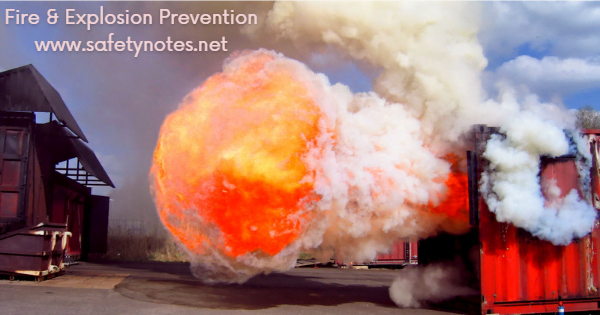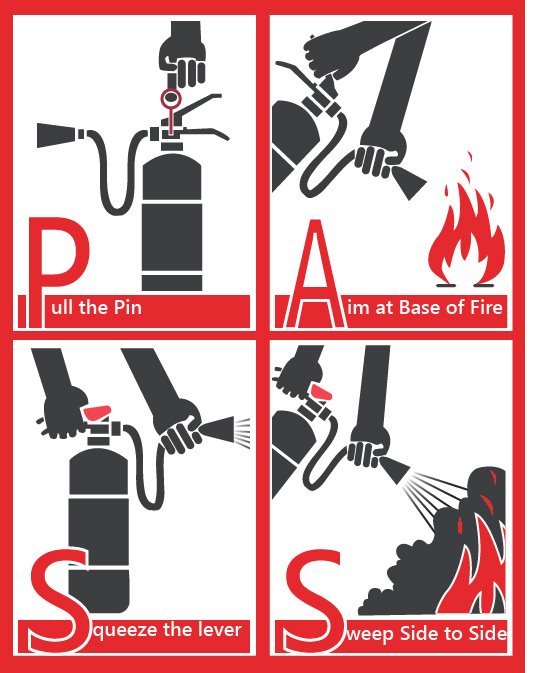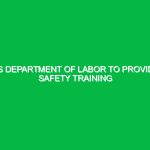Introduction
Fire safety is a crucial aspect of any construction project. Fires can cause significant damage, including loss of life and project delays. However, with proper fire safety practices, these disasters can be avoided.

Importance of Fire Safety
Fire can cause major disasters at construction sites, leading to loss of lives and delays in the project. Such disasters can be avoided if proper fire safety is practiced.
Preventive Measures
Preventive measures are the first line of defense against fire hazards. Here are some key points to remember:
- Never allow combustible/flammable material and waste to accumulate at the workplace. Clean and dispose of them promptly and on a regular basis.
- Store all combustible materials and flammable liquids away from heat sources and electrical systems.
- Refueling tankers are prohibited from entering a hot work zone and pouring fuel into running equipment. Always switch off equipment while refueling.
- A permit is required for any hot work activities (i.e., welding, gas cutting, grinding, electrical isolation, etc.) to control sources of ignition, combustible, and flammable material.
- Ensure a shield/booth for any hot work activity. For hot work at height, use a fire blanket underneath.
- Flammable gas cylinders must be equipped with a flash back arrestor. Never lean down an acetylene cylinder; use a cylinder trolley instead.
- Keep Oxygen cylinders free of oil & grease and store all flammable cylinders away from ignition sources.
- Any container that has contained flammable or toxic liquid must be filled with water or thoroughly cleaned before any hot work.
- Never overload any electrical system. Provide connections through properly rated cables, Earth Leakage Circuit Breakers (ELCB), and Main Circuit Breakers (MCB).
- Don’t put any light fittings over combustible materials, like wooden planks.
- Smoking is restricted to Designated Areas Only.
- Access to means of egress for all work locations must be maintained at all times.
- Carry out workplace/Fire Extinguishers inspection regularly.
- Deploy Fire Watch for hot work.
- Place sufficient fire extinguishers near storage areas and hot work locations.
- Exhausts of generators, compressors, and vehicles shall not discharge against combustible material.
- Ensure Vehicle/Fire Brigade access to all Construction sites.
Emergency Response
In case of a fire, it’s important to know how to respond:

- Know how to use fire extinguishers.
- Remove unwanted people (Evacuation).
- Inform nearby people by shouting “Fire” “Fire” “Fire”.
- Call the emergency number, provide Your Name/Company Name/Location, and type of fire.
- Fight the Fire using appropriate Fire Extinguishers.
Conclusion
Fire safety is everyone’s responsibility. By following these guidelines, we can ensure a safe and productive work environment. Remember, prevention is always better than cure. So, let’s practice safety and keep our workplace safe.


